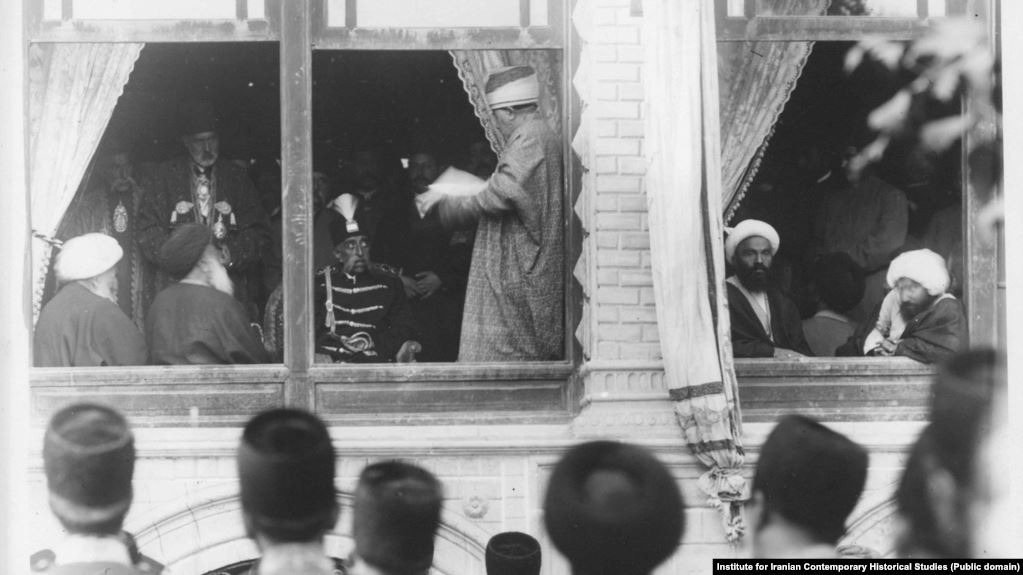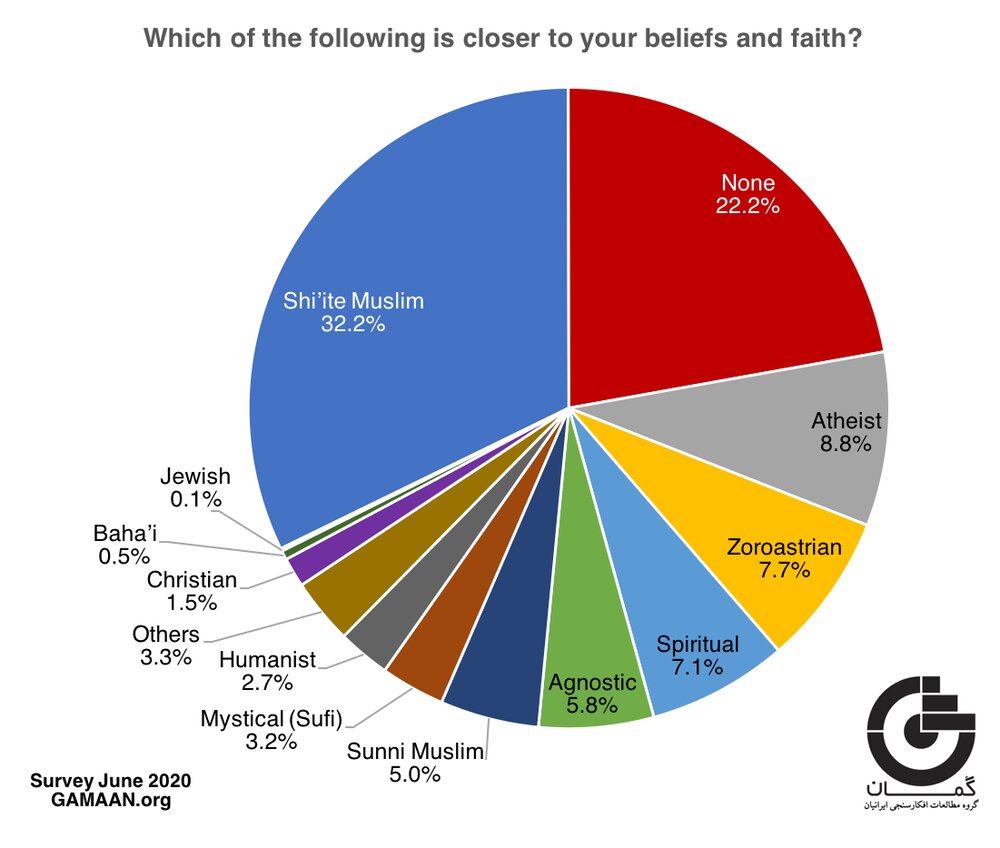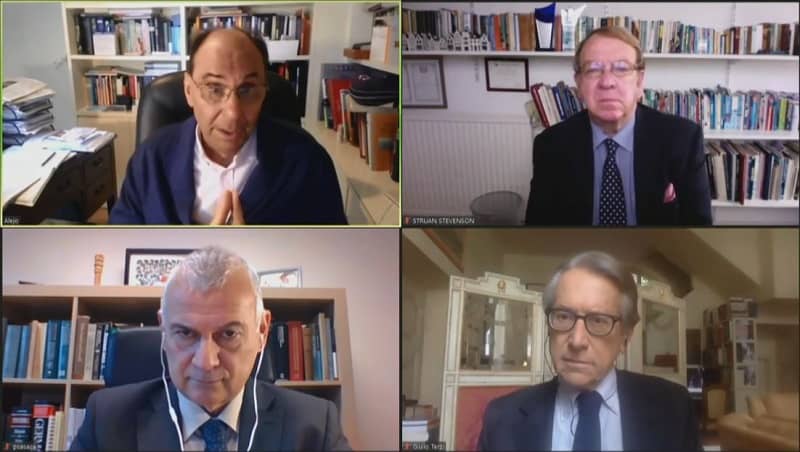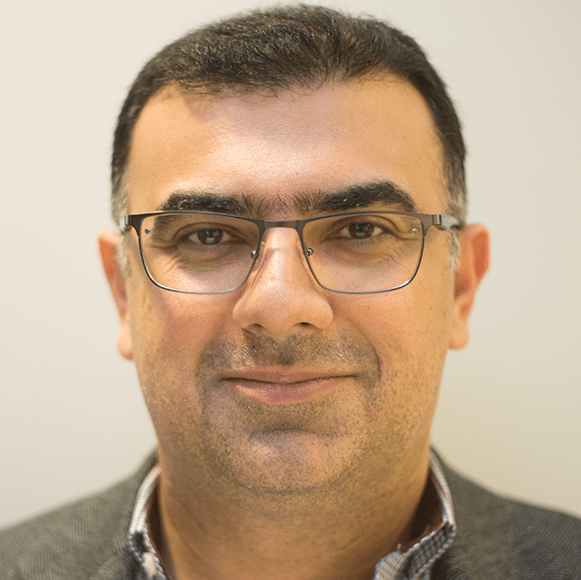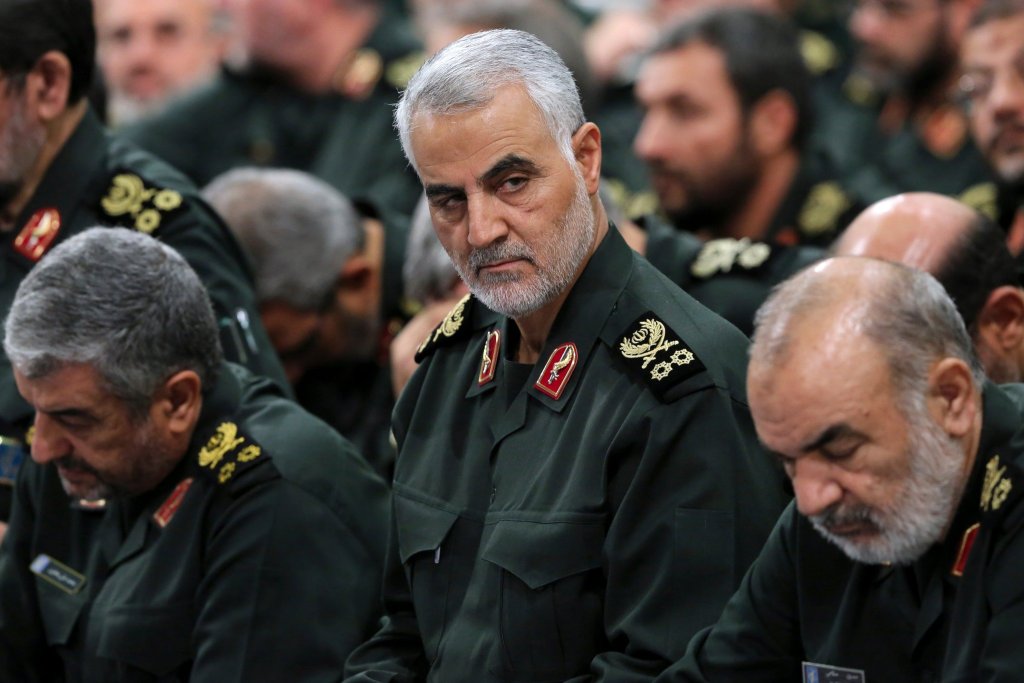امروز ۱۱۴ سال از خجسته روزی میگذرد که تلاشهای نهضت صدر مشروطه با میدان داری انجمنهای سیاسی، روشنفکران و روحانیت نوگرا به بار نشست و مظفرالدین شاه قاجار در واپسین روزهای عمرT فرمان مشروطیت را امضا کرد. در پی این اقدام نظامنامه قانون اساسی تدوین شد تا ایران اولین کشور غیراروپایی باشد که نظام سیاسیاش از سلطنت مطلقه به سلطنت مشروطه تغییر یافت و صاحب قانون اساسی و مجلس (پارلمان) شد.
این پدیده که مرز سیاسی ایران قدیم و جدید را تشکیل می دهد ویژگی متمایزش در تدوین قانون توسط مردم بود که دیگر رعیت پادشاه نبودند بلکه انسانهای دارای حقوق برابر بودند که حق حاکمیت از طریق آنها اعمال میشد. شاه دیگر باید به عنوان نماد وحدت از مداخله در اداره کشور پرهیز میکرد و در چارچوب اختیاراتش سلطنت میکرد. اداره کشور که در حوزه عرفی (فرادینی) تعریف شد در چارچوب پذیرش بنیادهای تجدد، بازخوانی سنت و تفاسیر مذهبی جدید به منتخبان بلافصل و غیرمستقیم مردم واگذار شده و اقشاری از مردم امکان مشارکت در قانونگذاری (تشریع) را پیدا کردند.
البته در زمان سلطنت ناصرالدین شاه اولین سامانه مدرن حکمرانی شکل گرفت؛ وزارتخانهها تاسیس شده و نظامنامه ها برای اداره امور تدوین شدند اما این رویه های جدید متکی به اراده شخصی سلطان بود و به همین دلیل سه تلاش برای تدوین قانون حکومتی در دوره سلطنت ناصرالدین شاه ناکام شدند. این قوانین حکومتی اگرچه نام قانون اساسی به آنها اطلاق نشد اما خویشاوندی مفهومی داشته و در عمل کارکرد مشابهی داشتند.
میرزا ملکم خان اولین قانون حکومتی ایران را در نیمه اول سلطنت ناصرالدین شاه تدوین کرد و در اختیار صدراعظم وقت میرزا جعفر مشیرالدوله قرار داد. نتیجه این نظام نامه تاسیس وزارت خانه ها بود. در ادامه «لایحهٔ تشکیل دربار اعظم» توسط میرزا حسین مشیرالدوله به ناصرالدین شاه یپشنهاد شد که در عمل چندان مورد توجه قرار نگرفت. تدوین کنندگان نظام نامه قانونی سوم معلوم نیستند که در اواخر دوره سلطنت ناصرالدین شاه ارائه شد.
اگرچه شکست استبداد صغیر در پی تلاش محمد علی شاه برای تعطیلی مجلس و کنستیتاسیون باعث شد تا نظام مشروطه در سطح ظاهر تا پیش از انقلاب برقرار گردد اما شوربختانه فقط در دوره زمامداری ۱۶ ساله احمد شاه قاجار و سلطنت محمد رضا شاه پهلوی در سالهای ۱۳۲۰ تا ۱۳۳۲ به طور نسبی حکومت مشروطه با شاخصهایی چون آزادیهای سیاسی، دولت های دارای اختیار در حوزه مسئولیت، آزادیهای مطبوعاتی و فعالیت موثر مجلس برقرار بود. اما در ۴۲ سال دیگر حکومت مطلقه و استبدادی و مغایر با روح و محتوی مشروطه برقرار بود؛ بویژه در دوران سلطنت رضا شاه جباریت سیاسی درسطح شاهان اولیه قاجار اعمال شد.
در عین حال در همان دورانی که هم مشروطه برقرار بود به غیر از مجالس اول تا سوم مجلس شورای ملی ، اکثریت نمایندگان منتخب مردم نبودند و با مداخله دربار و گروههای ذینفوذ و سوء استفاده از بیسوادی گسترده و خرید و فروش رای تعیین میشدند. همچنین بیثباتی و آشفتگی کشور نیز باعث شد تا مطالبات نهضت مشروطه در برقراری عدالت و بهبود رفاه مردم دستاوردهای ملموسی نداشته باشد.
مستقل از آنچه گذشت، ناکامی و نا تمامی نهضت مشروطه میراثی را از خود بجای گذاشت که الهامبخش مبارزات یک قرن اخیر مردم ایران در دستیابی به دموکراسی پایدار، عدالت و برابری، پایان بخشی به استبداد سیاسی، تکوین دولت مدرن، ملی و توسعه گرا بوده است. به عبارت دیگر هنوز آرمان ها و اهداف نهضت مشروطه در بطن جامعه ایران جریان داشته و زنده است .
امروزه بعد از فراز ونشیبهای بیش از یک قرن مبارزه و تکاپوهای سیاسی، اجتماعی و نظری به نظر می رسد سامان سیاسی جمهوری عرفی (سکولار دمکرات) مقصد مناسب برای برقراری و تثبیت آرمانهای نهضت مشروطه است.
در مقطع جنبش صدر مشروطه نیز برخی از جمهوری خواهان به دلایل مختلف که مهمترین آن هزینه بالای امنیتی بود، با نادیده گرفتن وجه شکلی و روبنای جمهوری، جوهره آن را در پادشاهی مشروطه جستجو کردند اما الان دیگر شرایط متفاوتی بر جامعه حاکم است و فضا برای تاسیس حکومت جمهوری که جمهور مردم ایران را با توجه به تنوعات اتنیکی، مذهبی، جنسیتی، فرهنگی و سبک زندگی نمایندگی کند، آماده است. تجربه پادشاهی پهلوی نشان داد که با توجه به ریشه دار بودن مناسبات شهپدری (پاترمونیال) در فرهنگی سیاسی و اجتماعی ایران، فرم مشروطه پادشاهی یا فقاهتی (ولایت فقیه) بستری پرمخاطره برای استقرار دموکراسی در ایران است.
جمهوری عرفی با پیشینهای به مراتب طولانیتر از مشروطه خواهی در تاریخ دویست ساله اخیر ایران اکمال و اتمام نهضت تاریخی مشروطه است. این سامان سیاسی با پایان دادن به تمامی اشکال پیشامدرن حکمرانی در کشور و با توجه به فقدان نهاد و مقام مادامالعمر در ساخت قدرت، به شکل ساختاری زمینه را برای گردش قدرت ادواری و پاسخگو مساعد میسازد.

